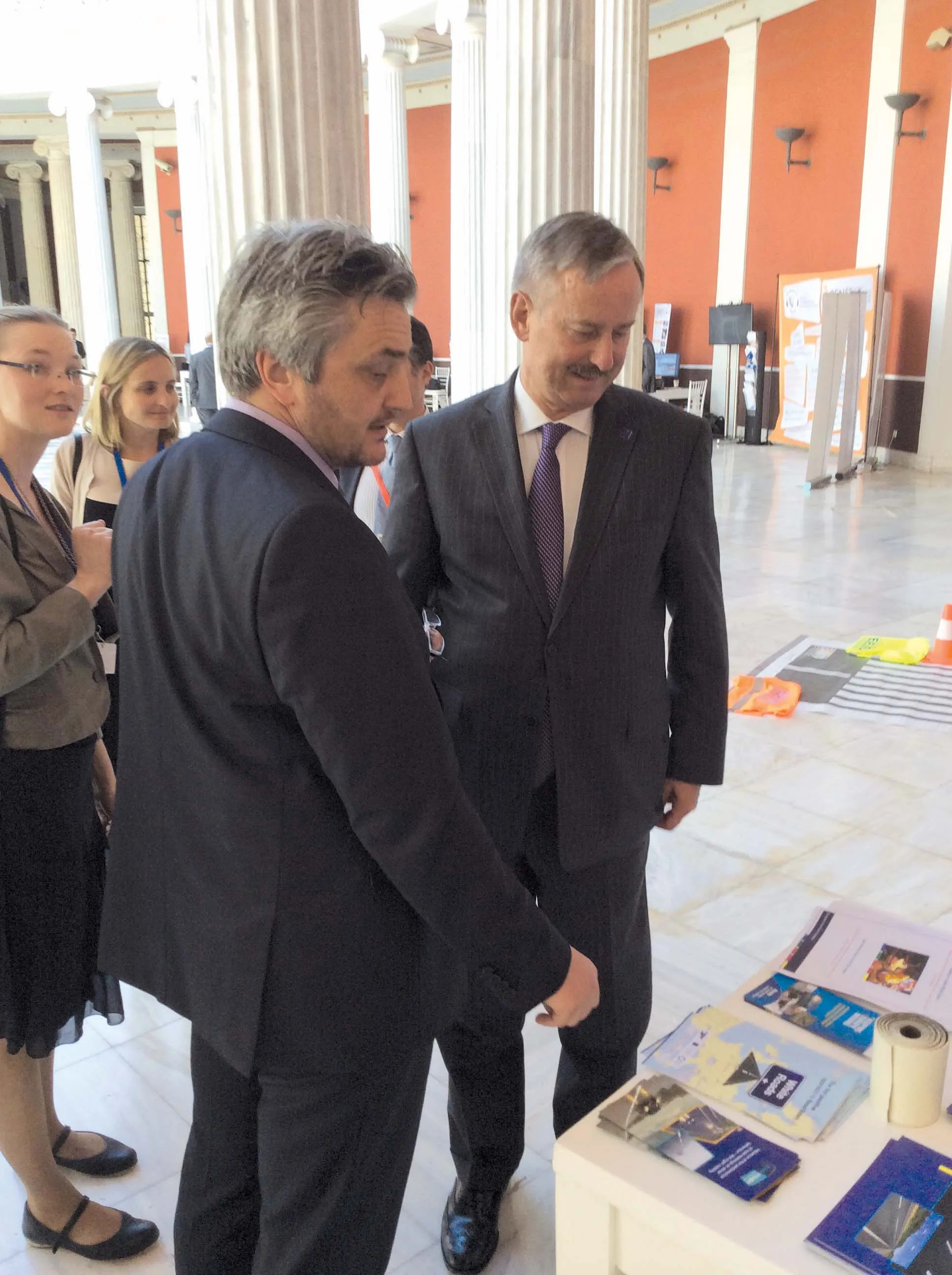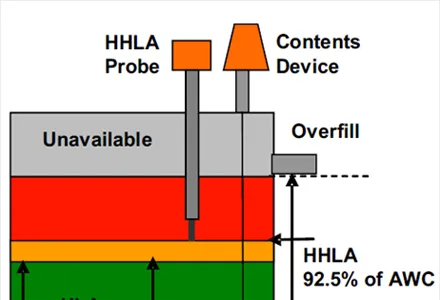
For measurements in urban roads, technicians can now move by bicycle, subway or train carrying a road marking retroreflectometer in a backpack, a practice unthinkable less than two years ago, according to the company.
Easylux says it understood how unsafe and unsuitable big and heavy instruments are for road visibility control.
Workers who undertake air travel take benefit from the use of ordinary AA batteries and the possibility of carrying their instruments as carry-on luggage, even in low-cost airlines, with a significant gain in comfort and savings. Also, increased portability revolutionised the dynamics of demonstration of new products or technical sales - areas with a strong female presence.
The patented technology of Easylux was certified by StrausZert - German Research Association for Road Markings.









